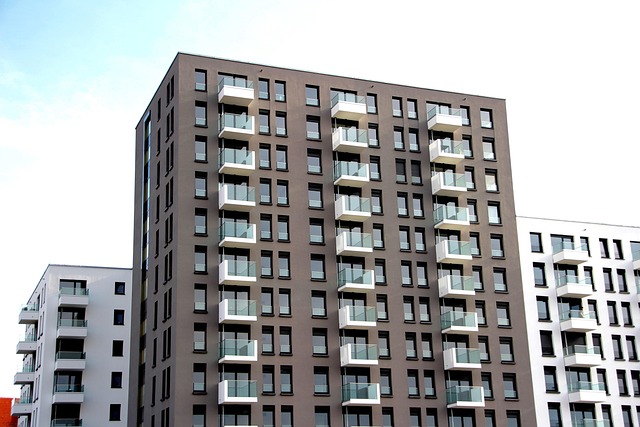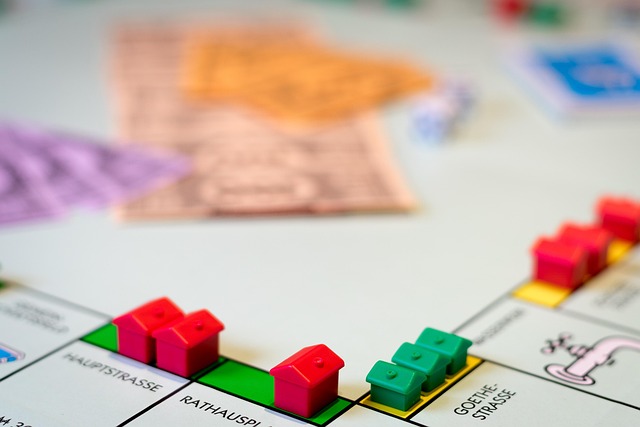Reserve pricing in real estate is a strategic tool for both sellers and buyers, setting minimum acceptable prices to protect property value and foster transparency. Sellers use market analysis, appraisals, and factors like repair costs to determine reserves, while buyers benefit from clear budget boundaries, speeding up negotiations and ensuring fair deals. This approach strengthens trust and efficiency in real estate transactions.
In real estate, setting a reserve price can be a strategic move to protect and maximize property value. This article guides you through the art of reserve pricing, offering insights into its significance in today’s competitive market. We’ll explore how understanding this concept benefits sellers, from attracting the right buyers to securing top dollar. Discover effective strategies to determine the optimal reserve price, ensuring your listing stands out while protecting your investment.
Understanding Reserve Pricing in Real Estate

In the dynamic world of real estate, understanding reserve pricing is essential for both sellers and buyers. Reserve pricing, also known as a minimum acceptable price, is the lowest amount a seller agrees to accept for their property. This strategic approach protects the seller’s investment by ensuring they don’t sell below their perceived value. When setting a reserve price, sellers consider various factors such as market trends, comparable sales, property condition, and potential development opportunities.
For buyers, understanding reserve pricing offers valuable insights into negotiation dynamics. Knowing the seller’s minimum acceptable price allows them to make informed bids, avoiding unnecessary financial risks. In real estate transactions, transparency around reserve prices fosters a fair and efficient marketplace where both parties can reach mutually beneficial agreements while protecting their respective interests.
Benefits of Setting a Reserve Price

Setting a reserve price in real estate can provide several advantages for both sellers and buyers. One of the key benefits is ensuring that the property’s value is protected throughout the listing period. A reserve price acts as a safeguard, preventing the seller from accepting an offer that might undervalue their asset. This strategy is particularly useful in competitive markets where rapid price appreciation could lead to irrational bidding.
Additionally, establishing a reserve price can create a more transparent and structured negotiation process. It sets clear boundaries for both parties, fostering trust and encouraging productive dialogue. For buyers, knowing the reserve price offers certainty, allowing them to assess whether their budget aligns with the seller’s expectations. This transparency can expedite the buying decision and potentially lead to a mutually agreeable sale without lengthy haggling over the final price.
Strategies to Determine Optimal Reserve Value

Setting a reserve price is a strategic move in real estate to ensure a fair and protective valuation. The optimal reserve price should consider several key factors. One effective strategy is market analysis, where recent sales data of comparable properties in the area is examined. This provides insights into the current market trends and helps determine a price point that aligns with the asset’s unique features and location.
Another approach is appraisals, which involve professional estimators who analyze the property’s condition, age, and potential for future development. Appraisals offer a detailed assessment, especially useful for unique or specialized properties. Additionally, factoring in repair costs and potential market fluctuations can further refine the reserve price, ensuring it stays competitive while protecting the seller’s investment.






